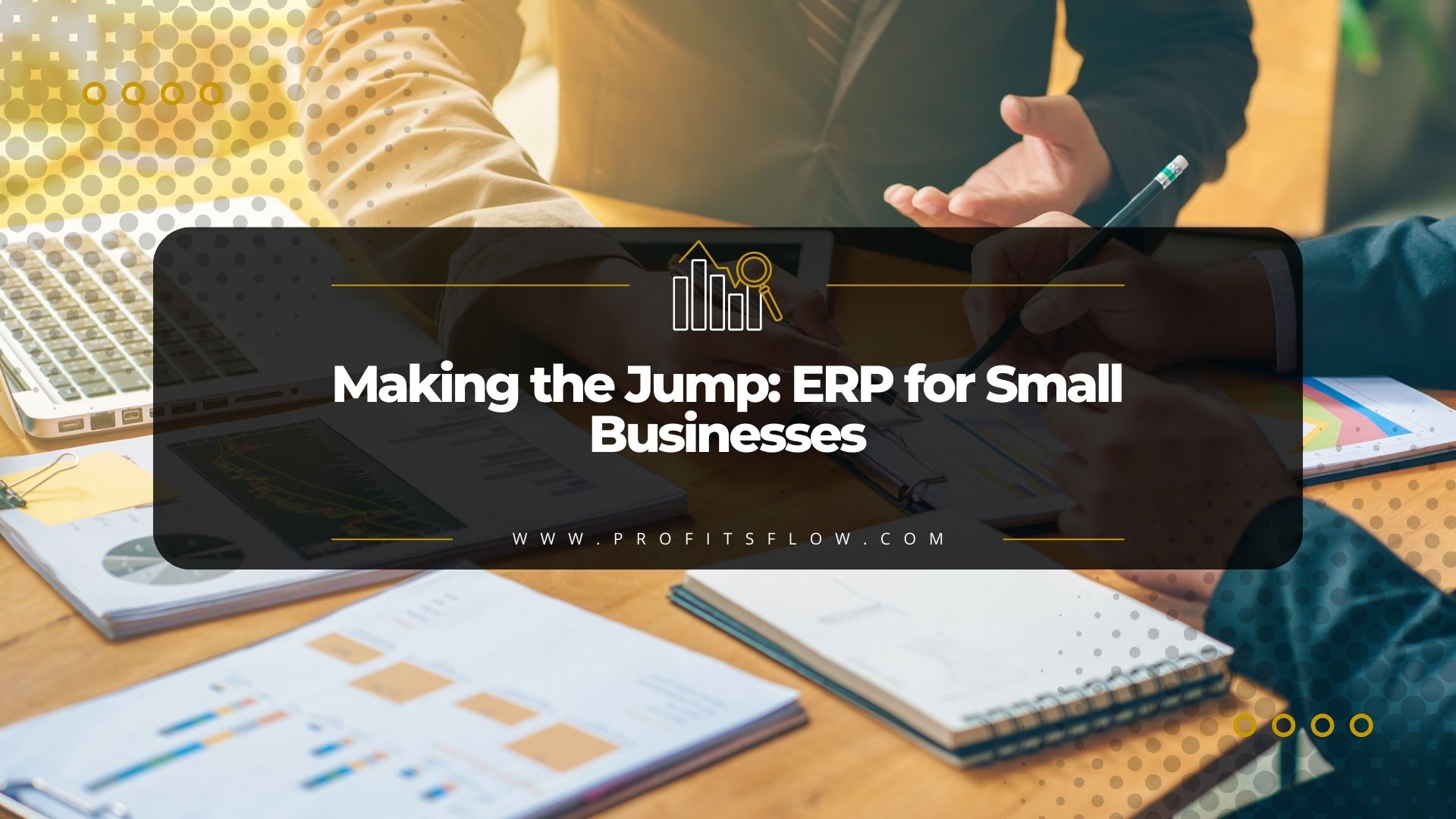ERP for small businesses. Is this the right move for your organisation? Well it depends. In many cases this is a decision that is made when the company is beginning to experience large scale growth and the current processes and systems in place cannot keep up. But making this jump is no easy process. Many companies will have had systems in place for years and sometimes even decades before hand so making the move away from these is easier said than done. Making this jump to an ERP system can be a game changer. In this blog we want to explain to you exactly why this is the case and why more and more small companies are choosing to implement ERP solutions for their business
Understanding ERP:
At its core, an ERP system integrates various functions across a business into a single, centralised platform. This includes processes such as inventory and order management, accounting, field service, customer relationship management (CRM), and more. By consolidating these functions, an ERP system enables smoother operations, better decision-making, and enhanced collaboration among different departments.
Below we have outline 5 key reasons small businesses are choosing to implement ERP systems.
Why Small Businesses Should Consider ERP:
- Streamlined Operations: Manual processes and disparate systems can lead to inefficiencies, errors, and delays. An ERP system automates routine tasks, reduces redundancy, and provides real-time visibility into operations, enabling businesses to operate more smoothly and react quickly to changes.
- Improved Decision-Making: With access to accurate, up-to-date data, small business owners can make informed decisions based on insights provided by the ERP system. Whether it’s forecasting inventory needs, analysing sales trends, or identifying cost-saving opportunities, ERP systems empower businesses to make strategic decisions that drive growth.
- Scalability: As small businesses grow, their needs evolve. ERP systems are designed to scale with the business, accommodating increasing volumes of transactions, users, and data. This scalability ensures that the ERP system remains an asset rather than a hindrance as the business expands.
- Reducing Errors: Once an ERP solution is implemented, all departments communicate as one. This means there is far less risk in duplicating and losing valuable data. Access to real time information becomes much more accessible as well making reporting much easier and more accurate.
- Cost Savings: While implementing an ERP system requires an initial investment, the long-term benefits often outweigh the costs. By streamlining processes, reducing errors, and improving efficiency, ERP systems can help small businesses save both time and money in the long run.
Yes, deciding to implement an ERP system is a major decision for any small business. However, for many this is the decision that can fuel growth for years to come. We have been working in the industry for decades now and we have seen first hand the difference an ERP system can make. If you want to discuss ERP in detail you can contact us here and we can schedule a free call/demo to discuss.
You can also follow us on social media to get the latest ERP news: LinkedIn, X and Facebook.
